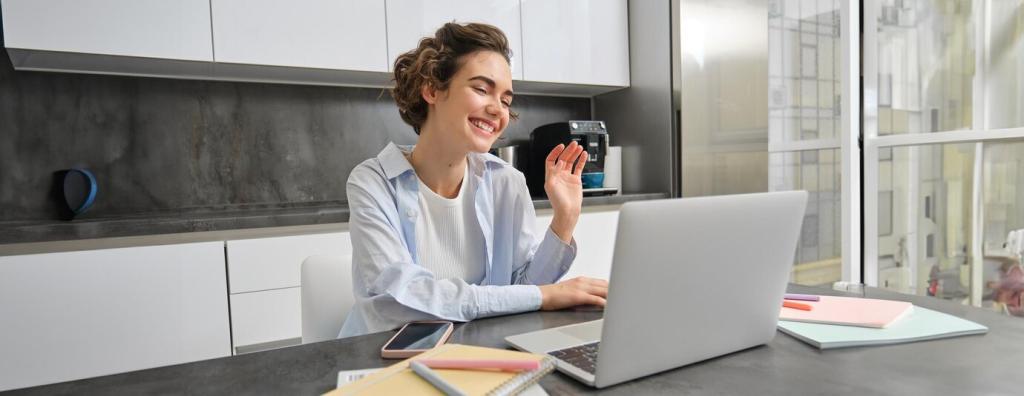Remote work offers flexibility and comfort, but it also introduces distinct challenges when it comes to managing time effectively. Many remote employees find themselves grappling with distractions, blurred boundaries, and difficulty in maintaining productivity. Overcoming these obstacles is essential for achieving both professional goals and personal well-being. This guide explores key strategies and insights to help remote employees master their time, ensuring a more balanced and satisfying remote work experience.
Establishing a Structured Workday
Remote work can lead to irregular hours, with employees sometimes working late into the evening or starting sporadically throughout the day. By setting clear start and end times, you create psychological cues that delineate work from personal time. This routine not only enhances productivity but also prevents burnout by ensuring adequate rest and downtime. Communicate your schedule to colleagues and stakeholders, reinforcing boundaries and expectations, so that everyone knows when you are available and when you are off-duty.
The lack of a commute means many remote employees transition abruptly from home life to work responsibilities. Introducing pre-work and post-work rituals—such as a morning coffee routine or an evening walk—can signal the beginning and end of the workday. These small habits help your mind adjust, creating a clearer division between professional and personal modes. Over time, rituals become cues that help you mentally prepare for, and unwind from, the demands of the workday.
Without the external structure of an office, it is easy to forget to take breaks or to eat proper meals. Scheduling regular breaks into your day supports sustained concentration and maintains energy levels. Step away from your workspace during breaks, allowing your mind to reset. Similarly, treat meals as non-negotiable appointments. These moments are vital for mental clarity, overall wellness, and long-term productivity when working remotely.


Combating Distractions and Maintaining Focus
A dedicated workspace, whether it’s a home office or a specific area in your living room, helps establish a mental association with productivity. When you sit in this space, your mind recognizes that it is time to focus. Personalizing this area for comfort and minimizing distractions will improve your concentration. Over time, this dedicated environment becomes your professional zone, separating work from leisure even within your home.
Setting Priorities and Managing Workload
01
Begin each workday or week by organizing your to-do list according to urgency and importance. Use digital tools or traditional methods—whichever works for you—to lay out tasks in a clear, actionable order. Revisit your list regularly, making adjustments as new priorities emerge. Keeping a current task list allows you to confidently tackle your biggest responsibilities without becoming overwhelmed by less critical work.
02
Time-blocking involves assigning specific chunks of time to particular tasks or categories of work. This approach helps prevent overcommitment and procrastination by giving each activity a defined window within your schedule. Customize your calendar to match your personal productivity rhythms, reserving challenging tasks for your peak hours and grouping similar tasks together to maximize efficiency.
03
Working remotely may require you to juggle several projects with competing deadlines. To avoid burnout and last-minute stress, regularly review project timelines and break large assignments into manageable steps. Communicate proactively with colleagues or clients to clarify expectations and to reschedule deadlines when necessary. Prioritizing and pacing your workload helps you maintain quality and meet commitments without sacrificing your well-being.
